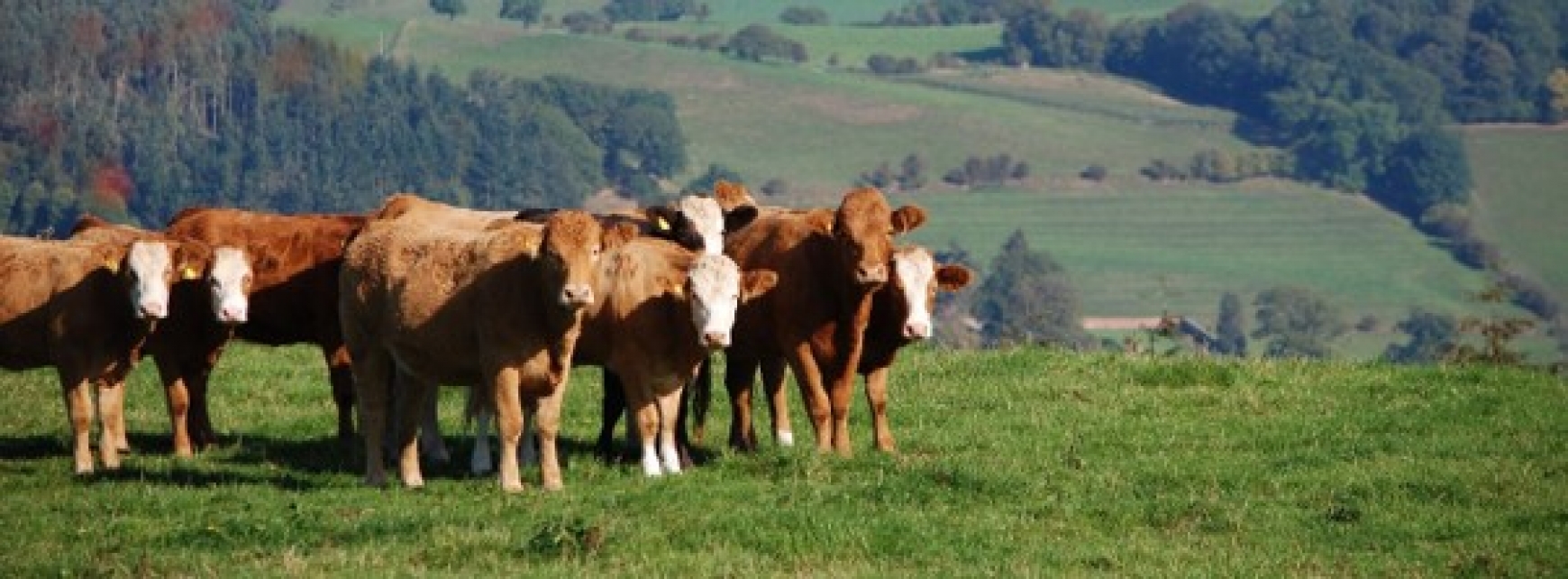Recently I attended Dairy Tech, an expo-style event comprising of seminars and trade stands showcasing the latest innovations and developments in the Dairy industry. This year, there was a lot of talk around reducing the sector’s impact on the climate, in line with the Government’s target to achieve a carbon neutral (‘net zero’) economy by 2050. The National Farmers’ Union has gone one (or 10!) better, pledging to help the farming sector achieve net zero by 2040. Interestingly, the NFU believes this is achievable without any reduction in production, i.e. by substantially increasing the sector’s energy generation from low-carbon fuels, consumers need not change their habits.
The Dairy industry often features heavily in climate change discussions, due in part to the large amounts of methane produced by ruminating cows, rather than the industry’s energy consumption. Methane is a potent greenhouse gas and its emission into the atmosphere is broadly accepted to contribute to climate change. While there are feed additives which claim to reduce methane production, many of the products being offered at Dairy Tech focused on increasing productivity and reducing energy usage. Examples included waste heat recovery systems (e.g. from milk cooling) to offset fossil fuels and reduce bills, and LED lighting to increase yield and profitability. However, in a ‘keeping up with the Joneses’ style scenario, less technologically advanced farms could implement such ideas and actually increase their overall energy consumption.
If the whole sector’s energy demands were being met by renewables, this increase may not be an issue, but we’re not there yet. Furthermore, technological innovation alone cannot be relied upon to achieve carbon neutrality. In my opinion, part of the solution is a change in consumer habits – i.e. lower consumption. This kind of approach doesn’t sell products though, and despite a couple of seminars touching on these ideas, the concept of scaling down may not be well-received by the industry.


